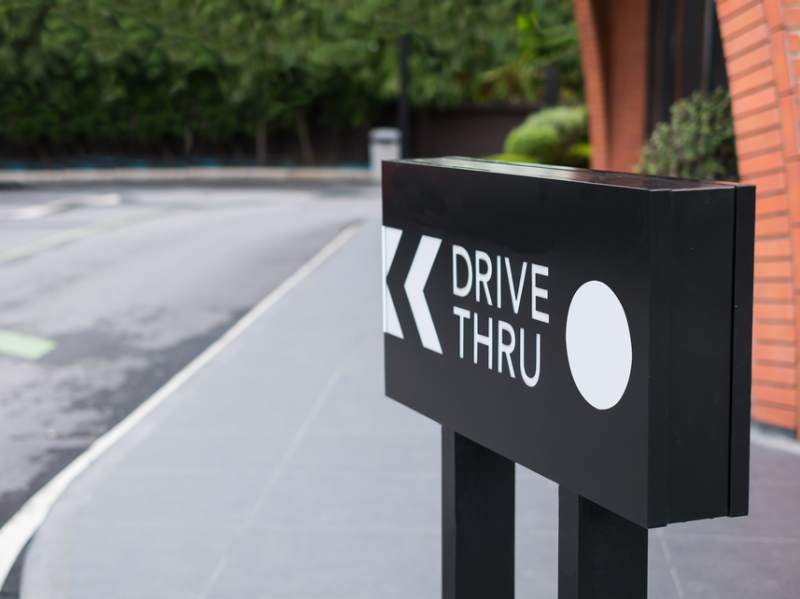Getting pulled over by law enforcement while you’ve got a stash of cannabis on board presents a very delicate situation. Depending on which state you’re being pulled over in, the penalties for possessing cannabis can range from a small fine to six months (or more) in jail. There are no guarantees when it comes to transporting cannabis (even within a legal state), so just in case, keep this handy checklist on hand to make sure you know your rights:
Know Your Rights:
You have the right to remain silent.
If you prefer not to speak, you have a right to, so long as you present your license and registration and otherwise cooperate with the traffic stop. This may not go over well with the officer, but you can also stick to short, one-word answers.
You do not have to consent to a search.
The best, most direct course of action is to simply say, “Officer, I have nothing to hide, but I don’t consent to any searches.” Officers may try to convince drivers that they just need to “take a quick look” in your trunk or backseat, but you do not have to consent to a search, which means they’ll need probable cause or a search warrant.
Keep your cannabis locked up tight.
The smell of marijuana can be considered probable cause for a search of your vehicle or person.
In Arizona, a court ruling overturned a marijuana possession case in 2013, finding that the scent of cannabis alone does not constitute probable cause for a search. However, in many states, the odor of cannabis is enough for an officer to believe that a crime is being committed and that searching the car may reveal the crime. Keeping your cannabis in an odor-proof container (ideally in the trunk) is the safest way to avoid this scenario.
You may ask if you’re free to go at any time.
If you’ve done nothing wrong and the officer has not searched your vehicle, or has searched your vehicle and turned up empty-handed, ask politely, “Officer, am I being detained or am I free to go?” If they have no reason to detain you, be persistent. “Officer, am I free to go?”
You have the right to ask for a lawyer.
If you’re not free to go, you are being detained. At this point, the first thing you should do is request a lawyer. “I’m going to remain silent, and I would like to see a lawyer.” This will protect you from further questioning by the police and allow you the chance to seek legal counsel before proceeding. It’s also a very smart plan to keep the business card or phone number for a lawyer in your wallet, just in case of a legal emergency.
credit:420intel.com













